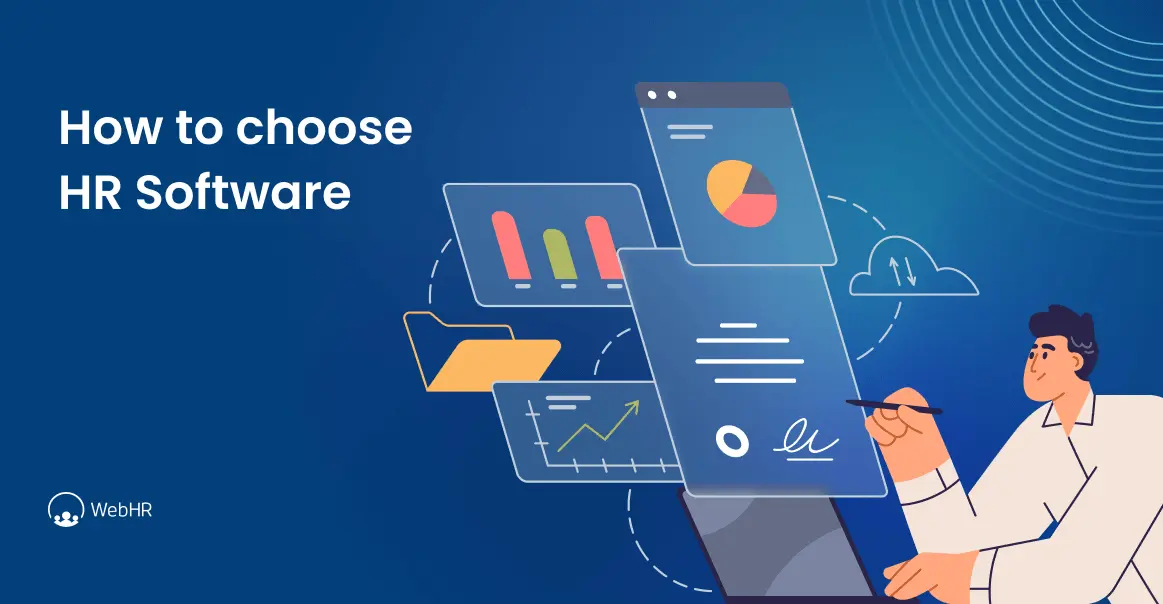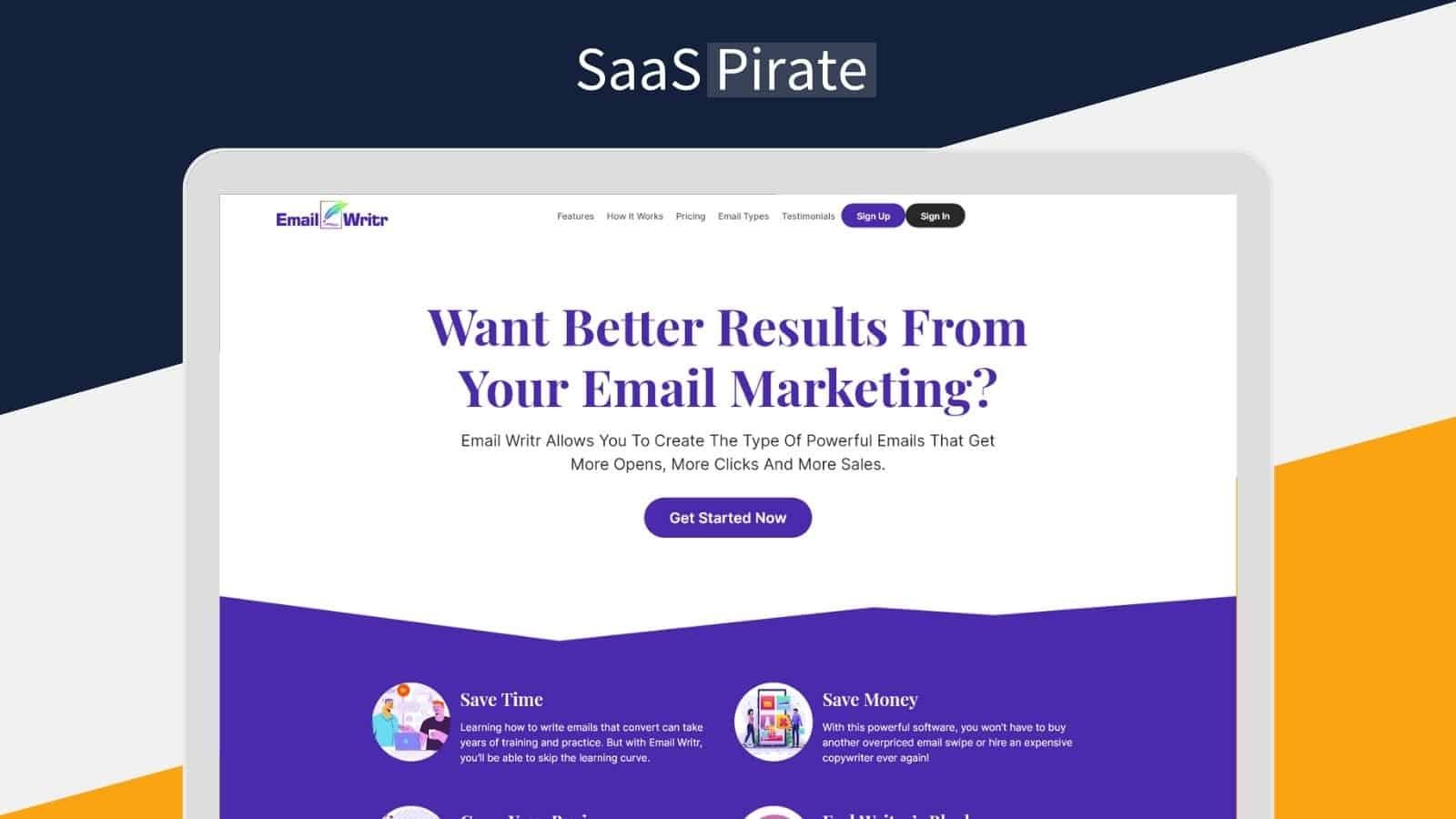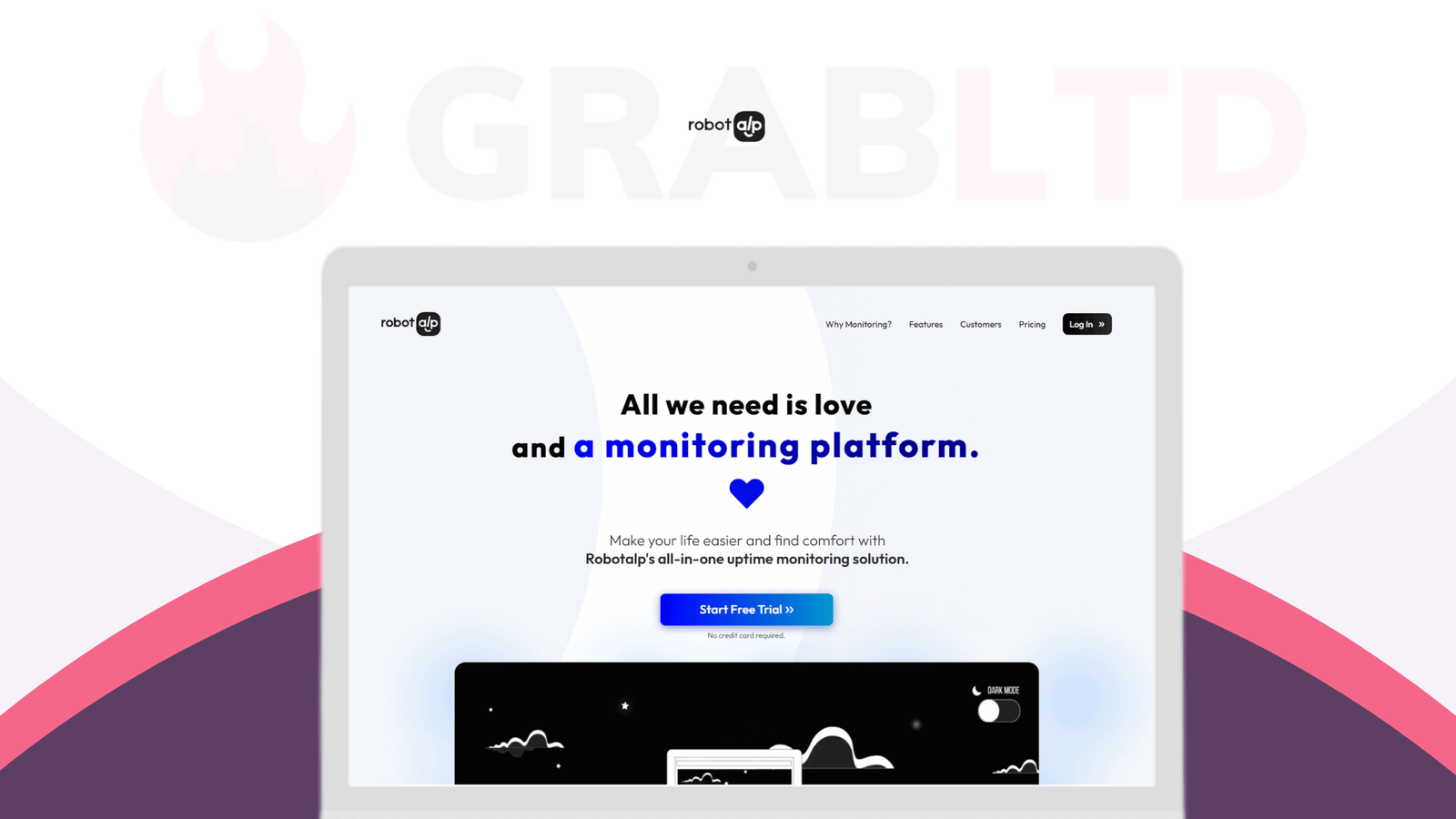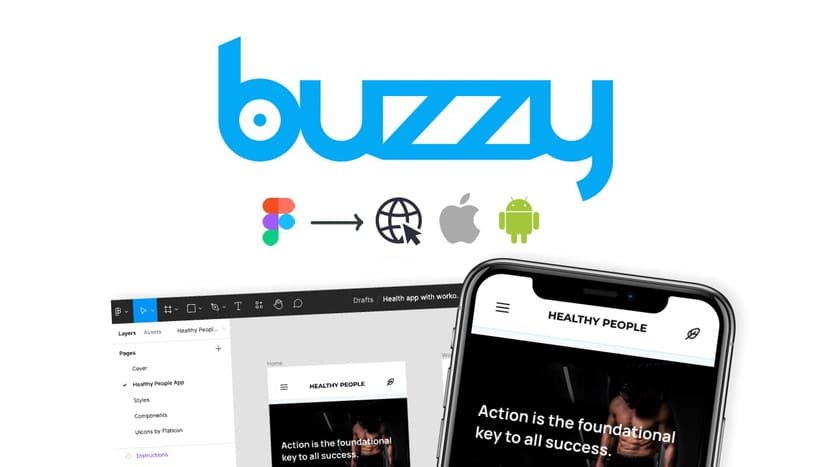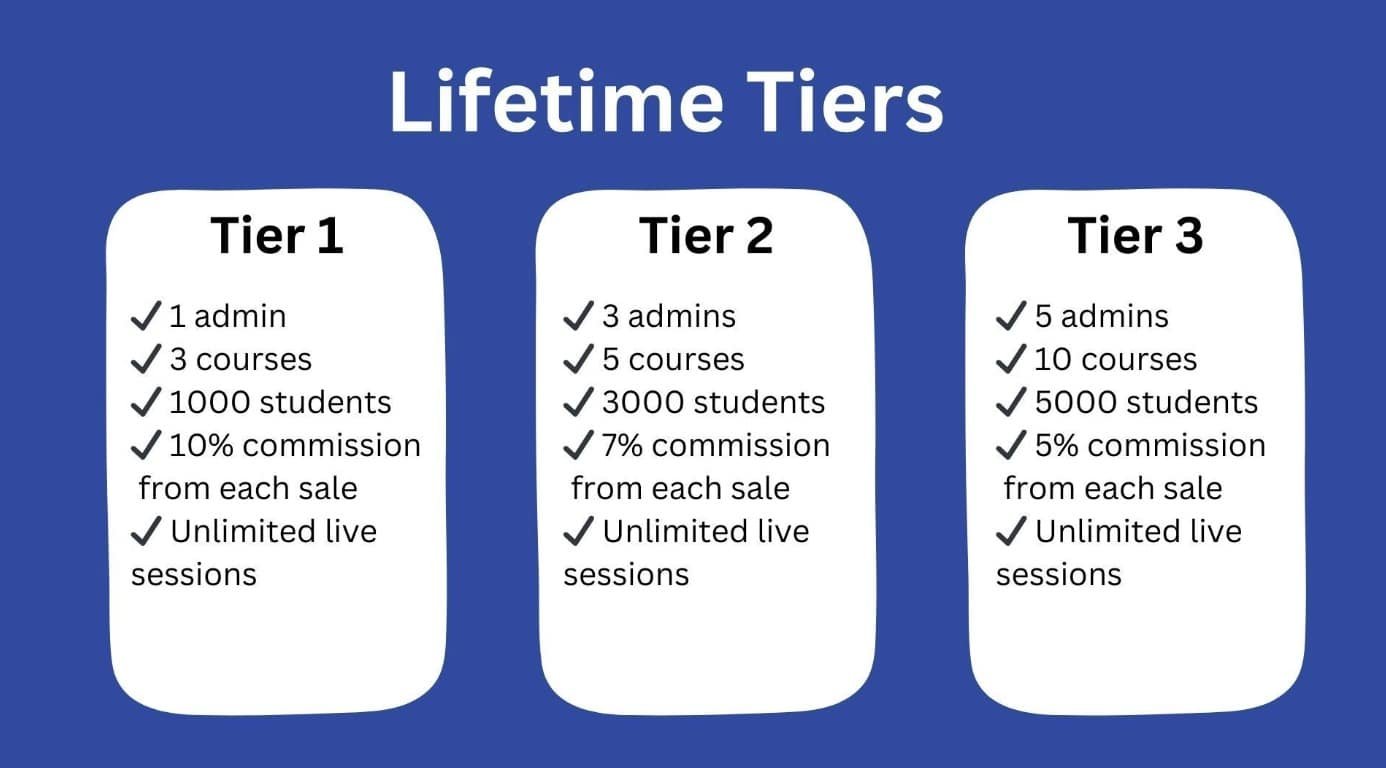Choosing the right HR software can streamline your business operations. It helps manage employee data, payroll, and recruitment efficiently.
In today’s competitive market, selecting the perfect HR software is crucial. With numerous options available, finding the best fit for your company can be challenging. HR software varies in features and pricing, making the decision even tougher. This guide aims to simplify your search by outlining key factors to consider.
From user-friendliness to integration capabilities, we’ll cover essential aspects. By understanding these elements, you can make an informed decision. The right HR software can enhance productivity and improve employee satisfaction. Let’s dive into the key points to help you choose the best HR software for your business needs.

Credit: www.getguru.com
Importance Of Hr Software
HR software plays a crucial role in modern businesses. It simplifies complex HR tasks and fosters a better work environment. Understanding the importance of HR software can help you choose the right one for your needs.
Boosting Efficiency
HR software automates repetitive tasks. This saves time and reduces errors. It streamlines payroll, attendance, and benefits management. Your HR team can focus on strategic tasks. This improves overall productivity and efficiency.
Enhancing Employee Experience
HR software improves communication. Employees can access their information easily. They can request time off and track their performance. This transparency builds trust and satisfaction. A happy workforce leads to better performance.
Identifying Needs
Choosing the right HR software can be a game-changer for your business. However, before diving into the myriad of options available, you need to start by identifying your needs. This step is crucial to ensure that the software you select aligns perfectly with your company’s requirements.
Assessing Company Size
Your company’s size plays a significant role in determining the appropriate HR software. A small business may not need the extensive features designed for large corporations. Conversely, a growing business should consider scalable solutions that can expand as the company grows.
Think about the number of employees you have. Are you planning to hire more in the near future? Smaller teams might benefit from simpler, cost-effective solutions, while larger teams might need more robust software to manage complex HR tasks.
Consider how you want the software to grow with your company. For instance, if you currently have 50 employees but plan to double that number in the next few years, make sure the software can handle such growth without becoming inefficient.
Determining Key Features
Not all HR software is created equal. You need to pinpoint the key features that are most important to your company. Start by listing out your must-haves. Is payroll management crucial for you? Do you need advanced reporting capabilities?
Think about the daily tasks your HR team performs. If employee onboarding is a pain point, look for software that simplifies this process. If performance reviews are critical, ensure the software includes comprehensive review tools.
Ask yourself what problems you are trying to solve. Do you need better tracking of employee attendance? Are you struggling with benefits management? Identifying these pain points will help you choose software that directly addresses your needs.
Choosing HR software is more than just picking a product. It’s about understanding what your company needs to thrive. By assessing your company size and determining the key features, you will be well on your way to making a smart choice.
Budget Considerations
Choosing HR software involves assessing budget considerations. Determine the total cost, including hidden fees. Balance functionality with affordability for the best value.
Choosing HR software can be daunting, especially when it comes to budget considerations. You want a solution that meets your needs without breaking the bank. Let’s dive into some crucial aspects you should think about under budget considerations.Cost Analysis
Before making a decision, it’s essential to analyze the costs involved. Start by listing all potential expenses. This includes the software’s purchase price, subscription fees, and additional costs for updates and maintenance. Don’t forget to consider hidden costs. Training your team, data migration, and potential downtime during implementation can add up. Make sure these are part of your budget. A small business might find initial costs a significant factor. However, sometimes a slightly higher upfront investment can save you from recurring high costs in the future.Roi Calculation
Calculating the Return on Investment (ROI) can help you understand the software’s financial benefits. Begin by estimating the time and resources saved by automating HR tasks. This can include streamlined recruitment, efficient payroll processing, and improved employee management. Consider the long-term gains. Better HR management can lead to improved employee satisfaction and retention, which ultimately boosts productivity. Compare the ROI with the initial and ongoing costs. If the benefits outweigh the expenses, the software might be a worthwhile investment. This analysis will give you a clear picture and help justify the expenditure to stakeholders. Budget considerations are critical, but with thorough cost analysis and ROI calculation, you can make an informed choice. What’s your approach to balancing cost and benefit when choosing software?Vendor Research
Choosing the right HR software can be overwhelming. To make an informed decision, vendor research is crucial. This involves comparing options, reading reviews, and understanding what each vendor offers. Proper research helps you avoid costly mistakes and ensures you find the best solution for your needs.
Comparing Options
Start by listing your requirements. What features do you need? Make a list of potential vendors. Check their websites for product details. Look for features like payroll, benefits management, and performance tracking. Compare these features with your list. See which vendors meet your needs best.
Check pricing plans. Some vendors charge per employee, while others offer flat rates. Make sure the pricing fits your budget. Also, consider the scalability. Can the software grow with your business?
Reading Reviews
Reviews provide valuable insights. They show how current users feel about the software. Look for reviews on trusted sites. Read both positive and negative feedback. Pay attention to recurring themes. If many users mention the same issue, it could be a red flag.
Check for reviews from businesses similar to yours. Their experiences can be more relevant. Reviews can also reveal how responsive the vendor is to customer issues. Good customer support is crucial.
Software Usability
Choosing HR software involves evaluating its usability. Look for intuitive interfaces, easy navigation, and comprehensive support. Ensure it meets your business needs.
When selecting HR software, software usability is a critical factor to consider. If the software is hard to use, it won’t matter how many features it has; your team won’t use it effectively. Let’s delve into two key aspects of software usability: user-friendly interface and training and support.User-friendly Interface
An intuitive interface is crucial. Imagine logging into the software and immediately knowing where to find what you need. No complicated menus, no long lists of options you don’t understand. A clean layout with clear icons can make a huge difference. Think about your favorite app—chances are, it’s easy to navigate. Your HR software should be the same. If you can perform tasks without a steep learning curve, your team will be more productive. This will save you time and reduce frustration.Training And Support
Even the best software will need some training. Look for HR software that offers comprehensive training materials. This could be in the form of video tutorials, user manuals, or interactive guides. Support is equally important. Imagine running into a problem and not knowing where to turn. Reliable customer support can make or break your experience with the software. Check if the software provider offers 24/7 support or at least timely responses during business hours. This ensures that your issues are resolved quickly, minimizing downtime. Consider asking the provider if they offer onboarding sessions. These can help your team get up to speed quickly and start using the software efficiently from day one. As you evaluate HR software, remember usability isn’t just about the present but the future. Will this software grow with your company? Can it adapt as your needs change? Choosing software that is user-friendly and offers robust training and support can set your team up for long-term success. So, what aspects of usability are most important to you?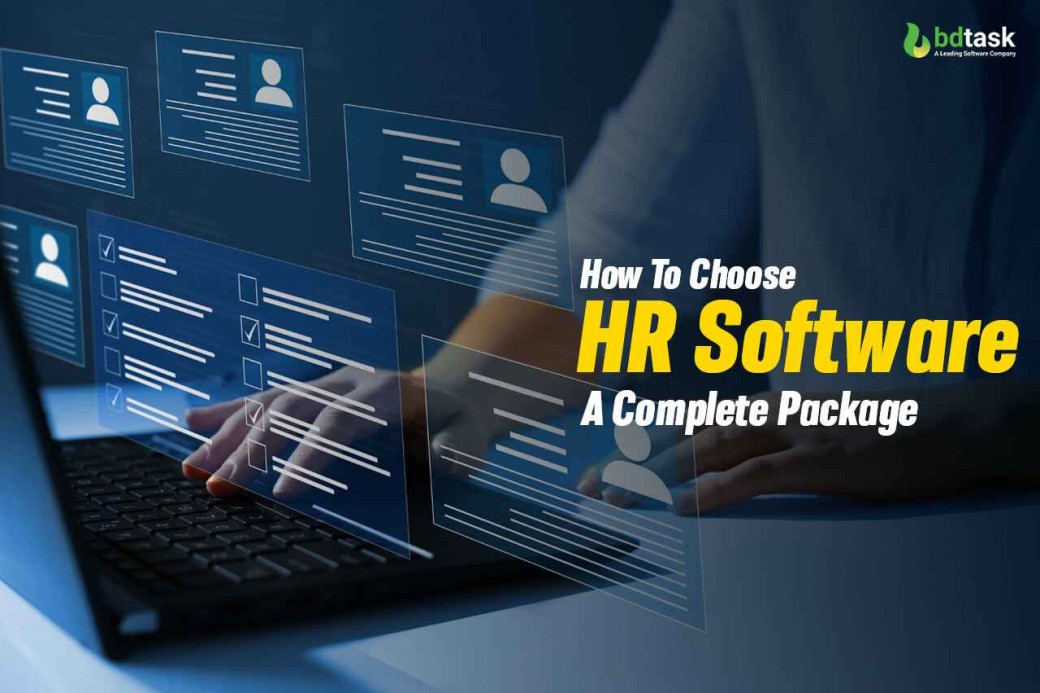
Credit: www.bdtask.com
Integration Capabilities
Choosing the right HR software is a critical decision for any organization. One of the key factors to consider is integration capabilities. This ensures that your HR software seamlessly works with your existing systems and can grow with your company.
Compatibility With Existing Systems
Before picking an HR software, check its compatibility with your current systems. Will it work with your payroll, time tracking, and accounting software? If your HR software can’t integrate, it can lead to data silos and inefficiencies.
For instance, if your payroll system and HR software don’t sync, you might end up manually entering data. This increases the risk of errors and takes up valuable time. Ensure the software supports APIs or has pre-built integrations with the tools you already use.
Ask the vendor for a list of compatible systems. You might also want to ask for a demo to see how integrations work in real-time. This will give you a clear picture of what to expect.
Future Scalability
Think about your company’s future growth. Will the HR software scale with you? As your team expands, your software should be able to handle more users and more complex processes.
Consider if the software allows for easy addition of new modules or features. You don’t want to switch systems every few years. Look for a solution that can evolve with your business needs.
Evaluate the vendor’s track record. Do they regularly update their software? Are they innovating and adding new features? A good vendor will support your growth and adapt to industry changes.
Choosing HR software with robust integration capabilities ensures smooth operations and prepares you for future growth. What integration challenges have you faced with your current systems? Share your experiences in the comments.
Compliance And Security
Choosing the right HR software is essential. Compliance and security are critical factors. These ensure your data stays safe and you meet legal requirements.
Data Protection
Data protection is a top priority. Your HR software must use encryption. This keeps sensitive information safe. Check if the software has regular security updates. These updates fix vulnerabilities. Look for features like multi-factor authentication. This adds an extra layer of security. Make sure the software has a secure backup system. This protects your data in case of a breach.
Regulatory Compliance
Regulatory compliance is crucial. Your HR software should comply with local laws. This includes data privacy laws. Make sure the software follows GDPR if you operate in Europe. In the US, check for compliance with HIPAA or other relevant laws. The software should also offer compliance reporting. This helps you stay on top of legal requirements. Ensure the software is regularly audited. This guarantees it meets compliance standards.

Credit: peoplemanagingpeople.com
Trial And Feedback
Choosing HR software can be a daunting task. One of the best ways to make an informed decision is by using trial periods and collecting feedback from users. This method allows you to experience the software’s features and understand its impact on your team.
Testing Period
Most HR software offers a trial period. Use this time wisely. Focus on exploring all the features. Check the user interface. Is it intuitive? Monitor how the software handles your daily tasks. Note any difficulties you encounter.
During the testing period, create real scenarios. For example, try processing payroll or managing employee records. This helps you see how the software performs under real conditions. Document any issues or limitations.
Collecting User Opinions
Feedback from your team is crucial. They will be the primary users. Ask them to use the software during the trial period. Encourage them to take notes. What do they like? What frustrates them? Gather their opinions.
Conduct a survey or hold a meeting. Discuss the pros and cons. Listen to their feedback. This information is valuable. It helps you understand if the software meets your needs. Make a decision based on collective input.
Frequently Asked Questions
How Do I Select An Hr System?
Evaluate your needs, research options, check user reviews, compare features, and consider budget. Ensure integration with existing tools.
Which Software Is Best For Hr?
BambooHR, Workday, and ADP are top HR software options. They offer comprehensive features for managing employee data, payroll, and recruitment.
What Is The Best Hr Software?
The best HR software is BambooHR. It offers user-friendly features, powerful analytics, and seamless integrations. Ideal for small to medium-sized businesses.
How To Choose A Hris?
Assess your company’s needs. Research HRIS options. Compare features, pricing, and reviews. Test usability. Choose one that aligns with your goals.
Conclusion
Choosing the right HR software is crucial for your business success. Evaluate your needs. Consider features like payroll, recruitment, and employee management. Check customer reviews and support options. Compare costs to fit your budget. Trial periods can help you decide.
The right HR software improves efficiency and simplifies processes. Invest time in research for the best choice. This decision will benefit your company in the long run. Your team and productivity will thank you.

